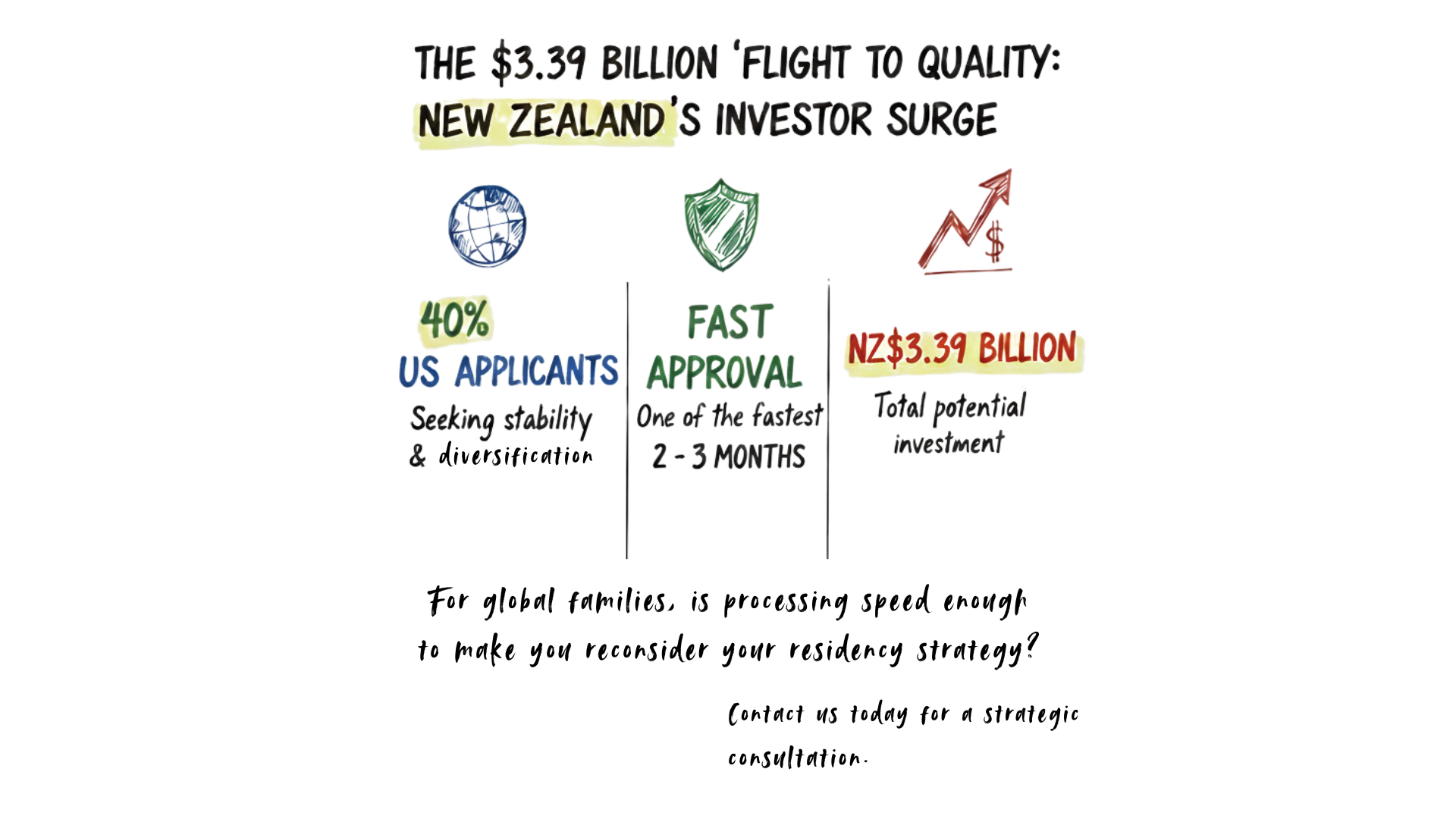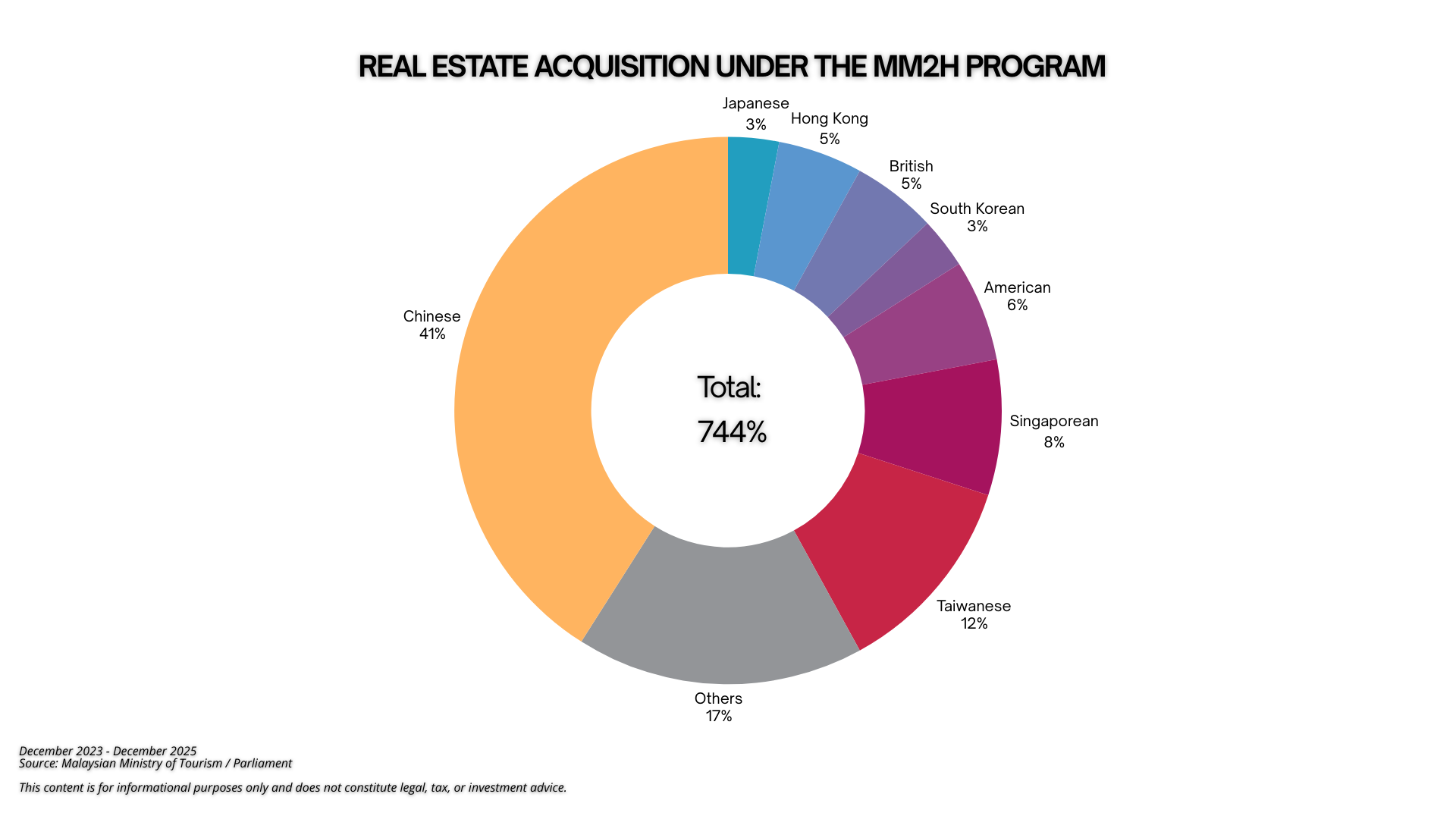How Investing in Real Estate Can Fast-Track Your Second Citizenship


- Diversifying Investments While Gaining a Passport
- One of the main attractions of real estate investment is diversification. Owning property in another country means you’re not solely reliant on the economic conditions of your home country. Real estate tends to appreciate over time, providing potential gains in capital value and rental income. At the same time, you gain residency or work towards citizenship, adding global flexibility to your lifestyle.
- Financial Freedom and Stability
- By investing in real estate abroad, you are creating a financial safety net. If you choose a location with a stable economy and growing real estate market, your property could offer significant long-term returns. Additionally, having a second citizenship allows you to relocate more freely in case of political or economic instability in your home country.
- Tax Benefits
- Some countries with real estate investment options for residency or citizenship also offer tax advantages. Countries such as Portugal and Malta provide favorable tax conditions for residents, especially when it comes to global income. As a property owner, you may benefit from reduced taxes on rental income, capital gains, and inheritance. This makes real estate investment not only a path to a second citizenship but also a strategic tax planning tool.
- Enhanced Travel Freedom
- Many countries offering residency or second citizenship through real estate investment are part of larger international agreements, such as the European Union. This means that, by investing in property in a country like Portugal or Spain, you could eventually gain the freedom to travel and live across the entire Schengen Area. This enhanced travel freedom is one of the key reasons people choose to invest in real estate as a path to second citizenship.
- Portugal
- Portugal’s real estate market has been booming for years. Through its Golden Visa program, you can invest in property (minimum €500,000, or €350,000 in certain cases) and obtain residency. After five years, you can apply for citizenship without needing to live in Portugal full-time. This makes it a very attractive option for those seeking European Union citizenship.
- Greece
- With the lowest investment threshold in Europe (€250,000), Greece’s Golden Visa program is popular among real estate investors. Although citizenship requires a longer residency period, the benefits of owning property in a rapidly growing market are clear. Greece also offers a beautiful Mediterranean lifestyle and a strategic location between Europe, Asia, and Africa.
- Spain
- Spain also offers a Golden Visa program, where an investment of €500,000 in real estate grants residency. After a few years of holding residency and meeting stay requirements, you can apply for Spanish citizenship. Spain’s property market, especially in tourist-heavy areas like Barcelona and the Costa del Sol, continues to thrive, making it an excellent investment.
- Turkey
- Turkey offers a relatively quick route to citizenship through real estate investment. With a minimum property investment of $400,000, you can become a Turkish citizen. This option provides flexibility, as Turkey bridges both Europe and Asia and offers visa-free or visa-on-arrival access to over 120 countries.

- Property Market Trends
- Investing in a foreign country requires a deep understanding of its property market. Research the area’s demand, rental yields, and potential for property appreciation before committing to an investment.
- Legal Assistance
- Hiring local legal experts is crucial to navigate the complexities of foreign property purchases. Each country has different regulations for foreign buyers, and a lawyer can ensure you meet all the requirements to qualify for residency or citizenship.
- Long-Term Commitment
- Real estate investments for citizenship often come with long-term commitments. Some countries require you to maintain the property for a certain number of years before you can sell it and retain your residency or citizenship.
Contact us if you are interested in Citizenship by Investment
Our expert advisors will have a 1-on-1 consultation to find the best solutions for you and your family and guide you through the procedure.
Conclusion
Investing in real estate can be a powerful tool for fast-tracking your second citizenship. It not only gives you an opportunity to diversify your financial portfolio but also opens doors to new lifestyles, increased travel freedom, and potential tax benefits. Whether you’re looking to settle in Europe, the Caribbean, or elsewhere, purchasing property is a practical and strategic way to enhance your global footprint.
Remember, while real estate can lead to second citizenship, the key is to invest wisely. Research the market, seek professional guidance, and choose a destination that aligns with your personal and financial goals.
Share this blog
Frequently Asked Questions
Related Articles
Beijing Is Watching Your Wealth; Turkey Offers a Legal Pathway
In an era of rising financial scrutiny, global investors are taking action. Discover why 89% of Chinese HNWIs are exploring…
Wealthy Americans Lead New Zealand Golden Visa Surge
Wealthy Americans are leading the New Zealand Golden Visa surge as investors prioritize stability and diversification. Billions in committed capital…
Second Residency Is Now A Top Three Global Wealth Priority
Second residency has quietly moved into the top tier of priorities for serious wealth holders. This article explains why investors…
UK Exit Tax 20% and the Future of Strategic Wealth
The UK Exit Tax 20% could significantly impact HNWIs, founders, and investors with substantial unrealized gains. This in depth analysis…
Greek Golden Visa Sees Record Turkish Investor Demand Surge
The Greek Golden Visa is seeing record demand from Turkish investors seeking EU residency, asset protection, and mobility. With participation…
Malaysia MM2H Program Nears $1 Billion in Investment Inflows
The Malaysia MM2H program has attracted nearly $1 billion in just 18 months, reflecting renewed global investor confidence. For high…
Citizenship by Investment Expansion Across 14 Global Markets
Citizenship by Investment expansion across 14 global markets marks a significant shift in global mobility strategy. Governments are exploring structured…







